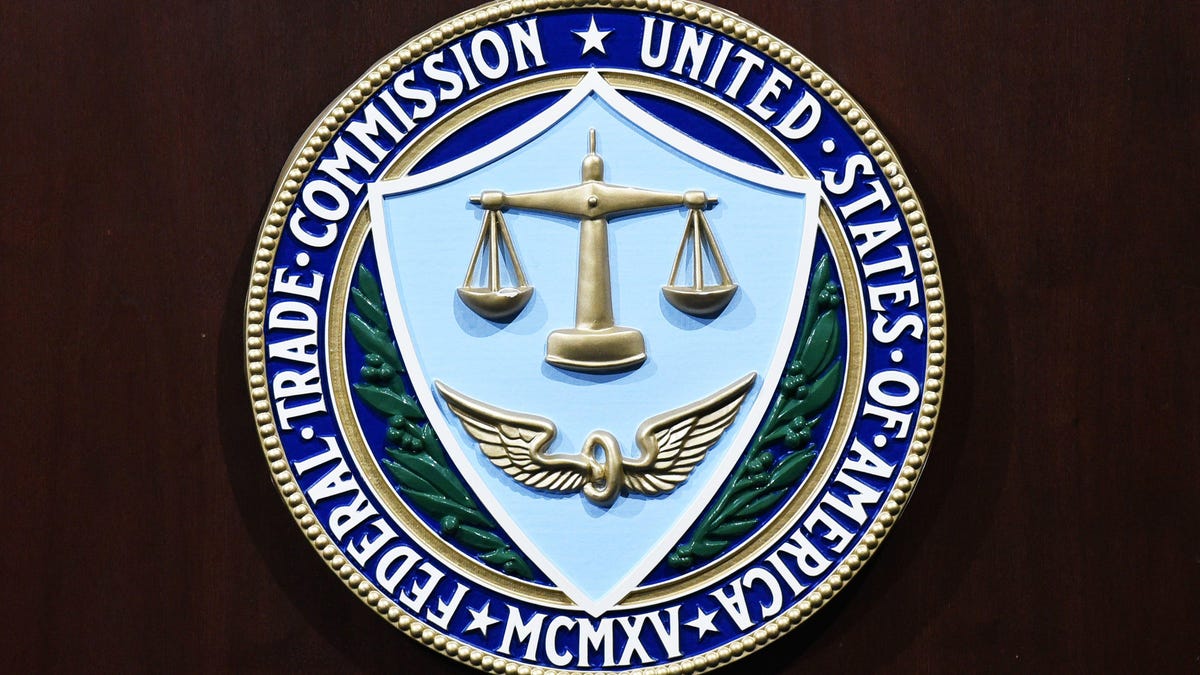FTC cracks down on companies for deceptive online marketing practices
One company sold false likes and follows, while another posted fake product reviews on Sephora's website.

The FTC busted two companies for deceptive marketing techniques.
The Federal Trade Commission uncovered and stopped the misleading online marketing tactics of two different companies, it announced Monday.
The FTC found that social media marketing service company Devumni allegedly sold false likes, retweets, and followers on social media. Sunday Riley Modern Skincare, a cosmetics firm, allegedly posted fake product reviews that were written by its employees on beauty store chain Sephora's website, according to a press release.
Devumi agreed to settle with the FTC. This was the commission's first complaint challenging the sale of "fake indicators of social media influence," according to the release.
Troubles began for Devumi in January after The New York Times reported that the company had sold millions of fake likes, retweets and followers on social media. The company's website currently states that it isn't accepting new clients, and redirects visitors elsewhere.
Sunday Riley Modern Skincare also settled with the FTC. The firm sold a variety of products for between $22 and $158 at Sephora, according to the release. While Sephora allows customers to leave product reviews on its site, the FTC alleges that the company managers and the CEO herself, Sunday Riley, posted about their own products using fake accounts, and failed to disclose that they were company employees.
"Dishonesty in the online marketplace harms shoppers, as well as firms that play fair and square," Andrew Smith, director of the FTC's Bureau of Consumer Protection, said in the release. "Posting fake reviews on shopping websites or buying and selling fake followers is illegal. It undermines the marketplace, and the FTC will not tolerate it."
Neither party's attorneys immediately responded to a request for comment.

